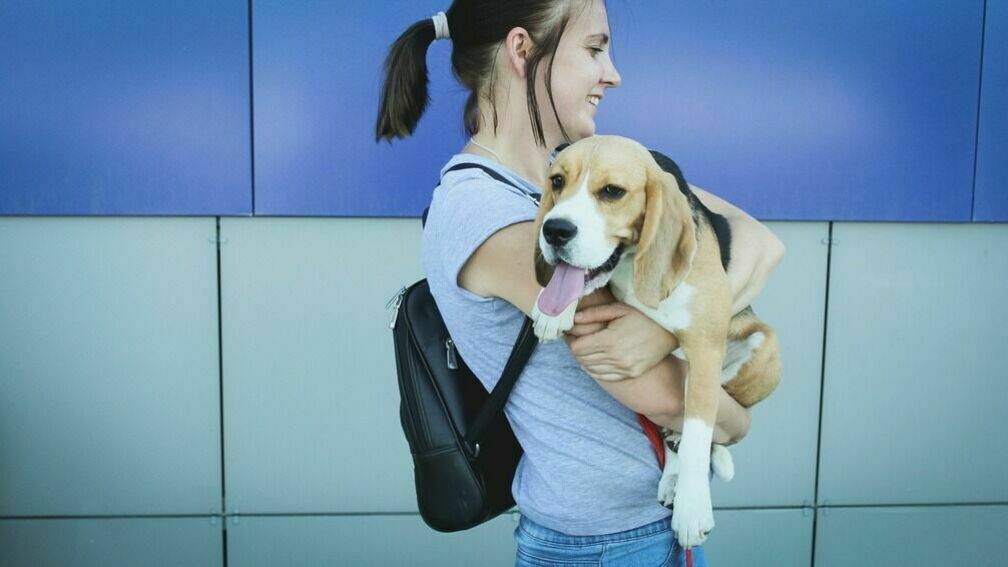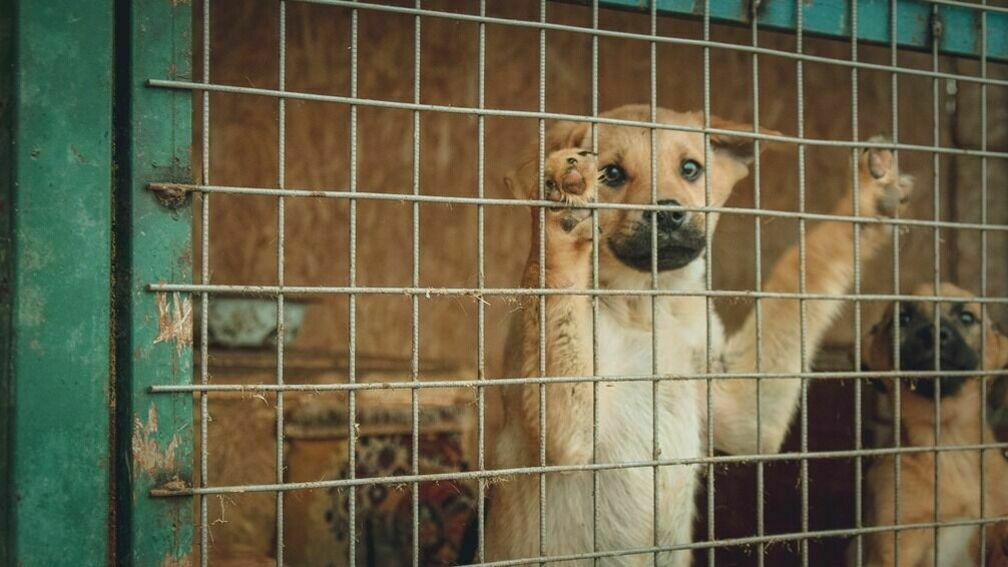Posted 28 февраля 2023, 10:36
Published 28 февраля 2023, 10:36
Modified 28 февраля 2023, 10:51
Updated 28 февраля 2023, 10:51

The expert explained when the interruptions with veterinary medicines will end
Alexander Dybin
The shortage of medicines and vaccines for animals was felt by many owners.
If the problems with standard drugs were quickly solved, then specialized feeds or medicines can still be difficult to find. If a pet has a chronic disease or some special features and needs special food or a milder drug, it will have to run around vetapteks or wait for weeks for delivery. The veterinarian of the Leningrad Zoo Yulia Vasilkova confirms these difficulties.
"We have the same difficulties with diagnostic and preventive measures as in most clinics," she says. – But in principle, each drug can be found, what to replace, the work does not stop, we are looking for different methods. But I would like these artificial difficulties to go away. We have a lot of Russian vaccines that no one has heard of before, they need to be urgently put into widespread use so that they can be easily obtained. In addition, all doctors know that there are complications from a number of domestic drugs. Science should help here, how to make these medicines safe and effective".
According to experts, the peak of problems with medicines for animals occurred in the summer of last year.
But it is still difficult to find, for example, drugs for the treatment of oncology in pets.
"The hormonal drug Kovinan has disappeared", - says Yulia Vasilkova, - "an analogue has been found, but it is difficult to get it because of the shortage at a crazy price. If a person buys for a pet, it is still tolerable, yes expensive, but it is for the only and beloved animal. But for a zoo, such a purchase is very expensive. The same story with "propalin", an analogue appeared, but it is on sale sporadically, and trembled every five times, and every third bitch needs this drug".
This situation is even better seen from import statistics. According to the head of the Department of Border veterinary Control at the state border of the Russian Federation and Transport of the North-Western Interregional Rosselkhoznadzor Administration Olga Panteleyeva, the flow of feed and drugs in 2022 fell by 25-30%. We are talking about deliveries through the "window to Europe": the port of St. Petersburg and the land borders with Estonia and Finland.
"In the North-Western region, the import of feed fell by 25-30%," the expert says, "in 2021 it amounted to 159 thousand tons, in 2022 - 117 thousand tons. Feed for productive (agricultural) animals came from Italy, Spain, China, Norway, Britain, and the share of Turkey increased. A similar pattern was observed for drugs. In 2021, 1000 tons of bulk medicines were imported, in 2022 – 717 tons. In liquid form, supplies dropped from 28,000 liters to 21,000 liters in 2022. Supplies came from Spain, China, Australia, Belgium and Britain" .


Representatives of state veterinary clinics confirm that the peak of the shortage occurred in the summer, and now supplies have resumed for most drugs, or there are analogues. There is a vaccine against rabies and other diseases specific to dogs, and imported.
Assistant of the Department of Pharmacology and Toxicology of St. Petersburg State University of Veterinary Medicine Vera Kryukova notes that in the country for a long time the emphasis in the development of veterinary medicines has been on agriculture and there is no special shortage or interruptions with medicines and vaccines. Now the veterinary farm suddenly opened a market for pets that were treated with imports. And the market, I must say, is huge, there are 300 thousand domestic dogs and about a million cats in St. Petersburg alone.
"Finally, consumers began to focus on our domestic drugs, more than 20 manufacturers of veterinary medicines are represented in the country, which have a wide range of different groups and forms", - says Vera Kryukova, "the most difficult direction is biological drugs, there are difficulties with vaccines, the market of vaccines for animals is controlled by the Ministry of Agriculture. And the research is more focused on farm animals. Now there is a need to develop drugs for small pets. We feel this direction and begin to develop it. Our university is provided with a laboratory and it is now refocusing on the development of vaccines for pets, we are now experiencing this moment of transition".
But according to the expert, there is no need to talk about a quick effect. The first results of the studies that have just begun may be only in 3-5 years.